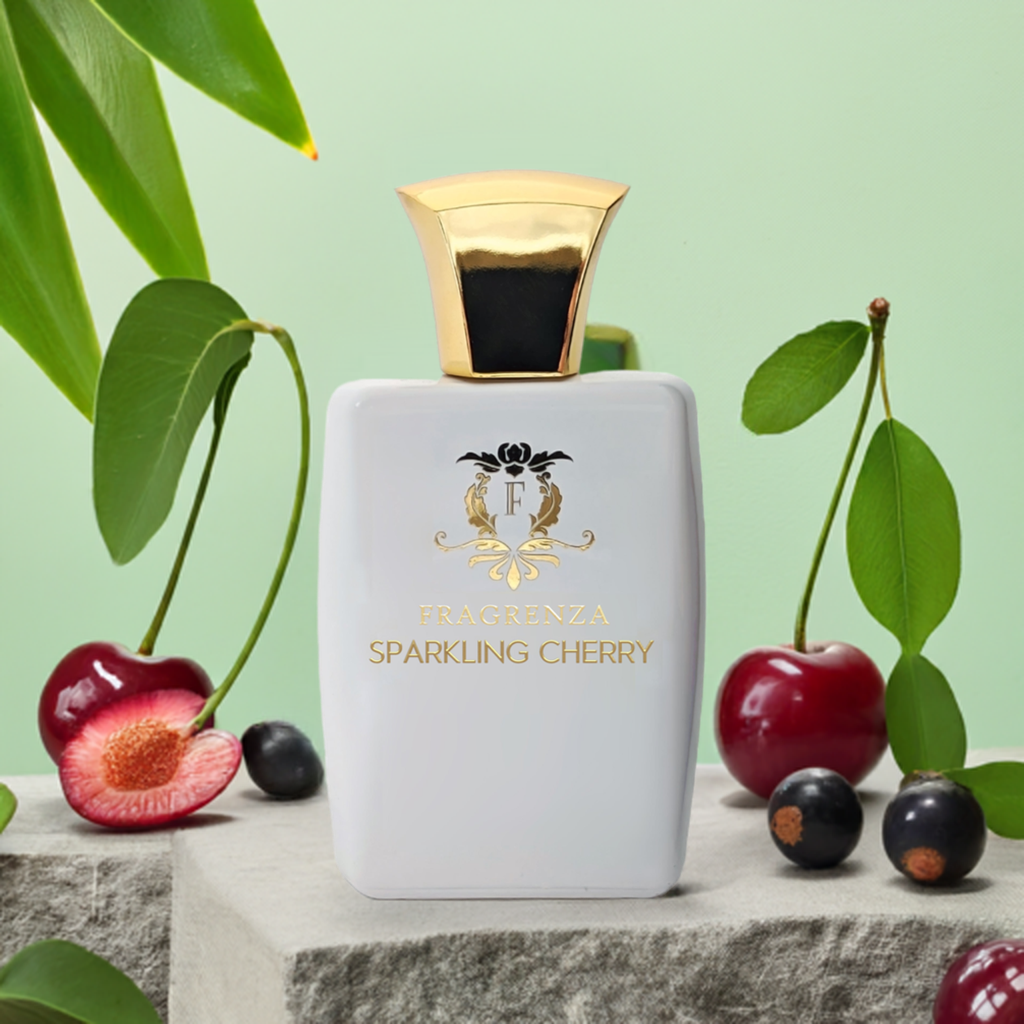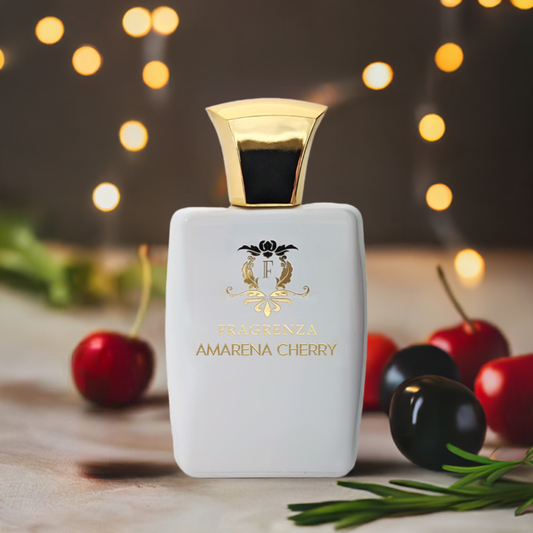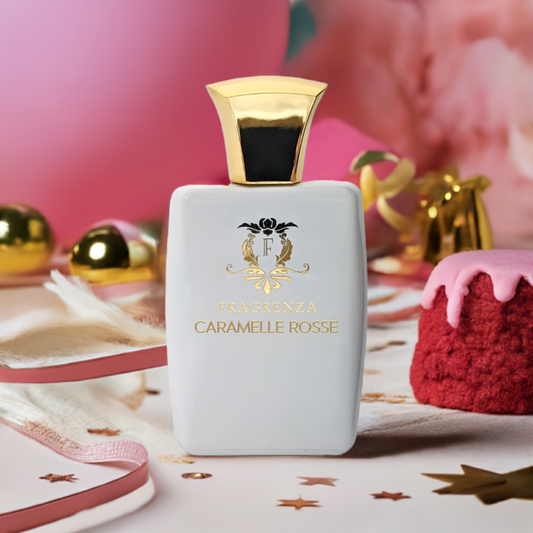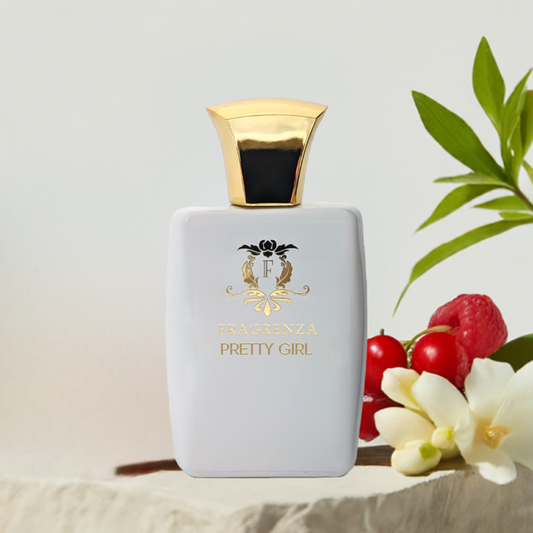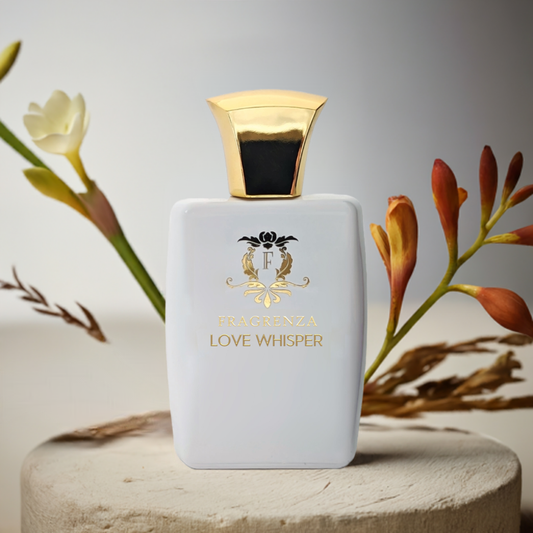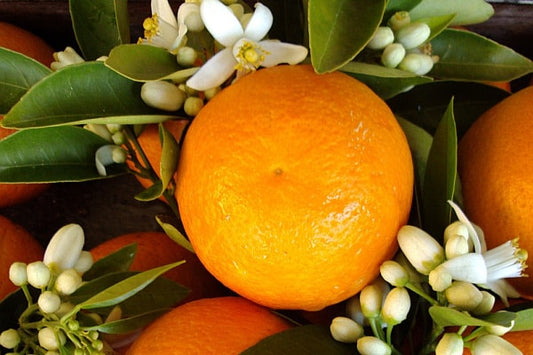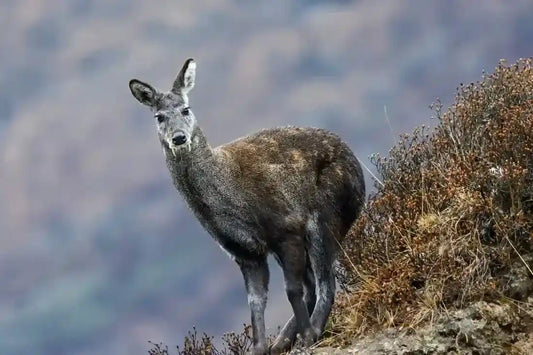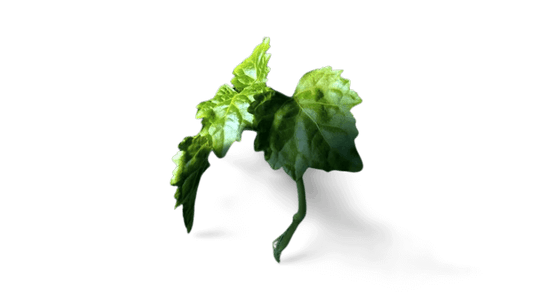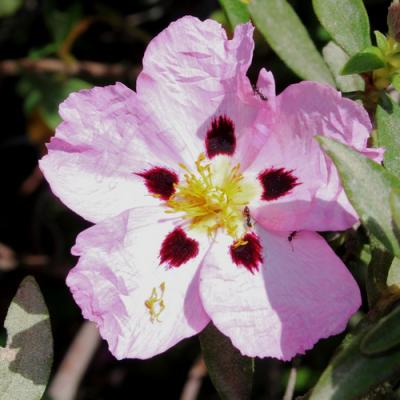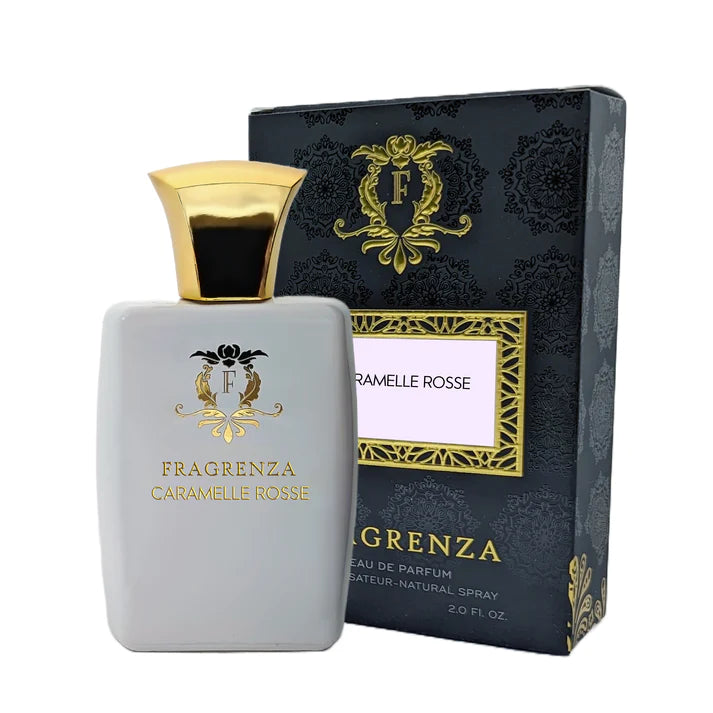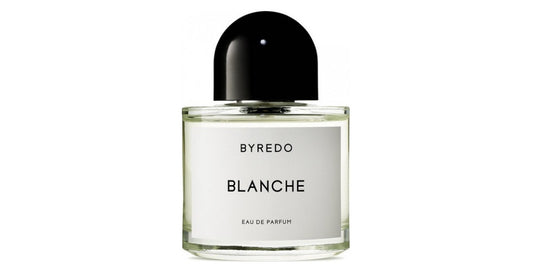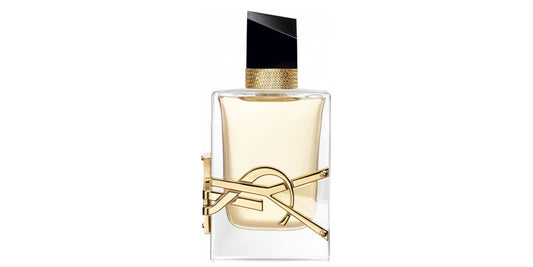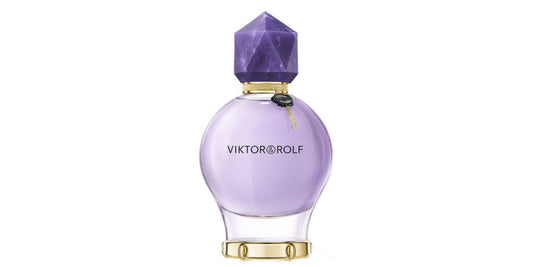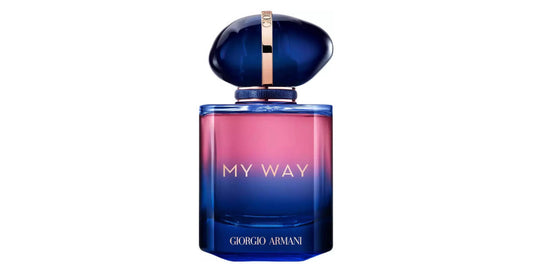The History of Perfumes: A Journey Through Time
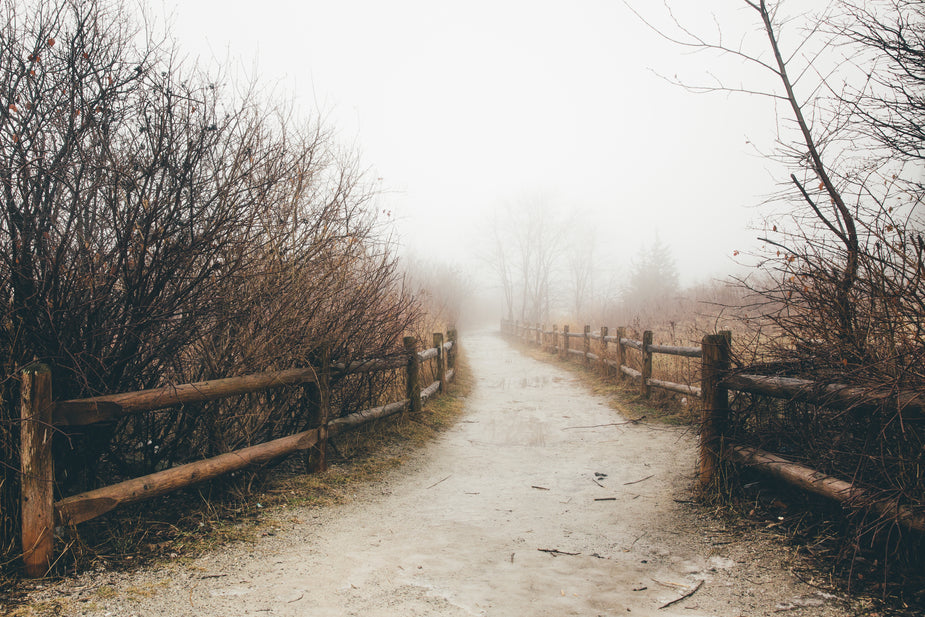
In This Article
The enchanting world of fragrances has a history as rich and varied as the myriad of scents available today. Perfumery, an art form in itself, has traveled through millennia, from ancient civilizations to the modern, sophisticated era we know today. Let's embark on this scented journey through time.
Ancient Beginnings
Perfumery traces its origins back to ancient civilizations. The ancient Egyptians were among the first to incorporate scents into their daily lives. They used fragrances for rituals, ceremonies, and personal adornment. Kyphi, a popular Egyptian fragrance, was burned at sunset to honor the gods.
The Mesopotamians are believed to have pioneered the distillation process, which paved the way for modern perfumery. The Indus Valley civilization also contributed, with archaeological finds suggesting elaborate processes to extract fragrances.
The Classical Age
The Greeks and Romans elevated perfumery to an art form. In ancient Greece, perfumes were extensively used in religious rituals. The famed Greek physician, Hippocrates, often termed as the "father of medicine," advocated the therapeutic properties of scents.
The Romans, on the other hand, were extravagant in their use of perfumes. From scented baths to elaborate fragranced feasts, perfumes permeated every aspect of Roman life.
The Middle Ages and Renaissance
With the fall of the Roman Empire, the center of perfumery shifted to the Middle East. The Arabs, with their advanced knowledge in chemistry, played a crucial role in refining distillation processes. Ingredients like musk and ambergris were introduced, transforming the world of fragrances.
During the Renaissance, Europe witnessed a revived interest in perfumes, especially in Italy and France. Grasse, in France, emerged as the perfume capital of the world, a title it holds to this day.
Modern Era
The 20th century saw revolutionary changes in perfumery. With the advent of synthetic compounds, perfumers had a broader palette to work with. This era birthed iconic fragrances that continue to captivate us.
Today, with advanced technology and a deeper understanding of olfactory science, the world of perfumery is ever-evolving, promising exciting fragrances for generations to come.
Conclusion
The history of perfumes is not just about scents but the cultures, traditions, and innovations that shaped them. From sacred rituals of ancient civilizations to the chic boutiques of modern cities, perfumes have been a constant companion of humanity, capturing its essence in every bottle.
Interested in exploring more? Discover the rich tapestry of fragrances from various eras at Fragrenza.
